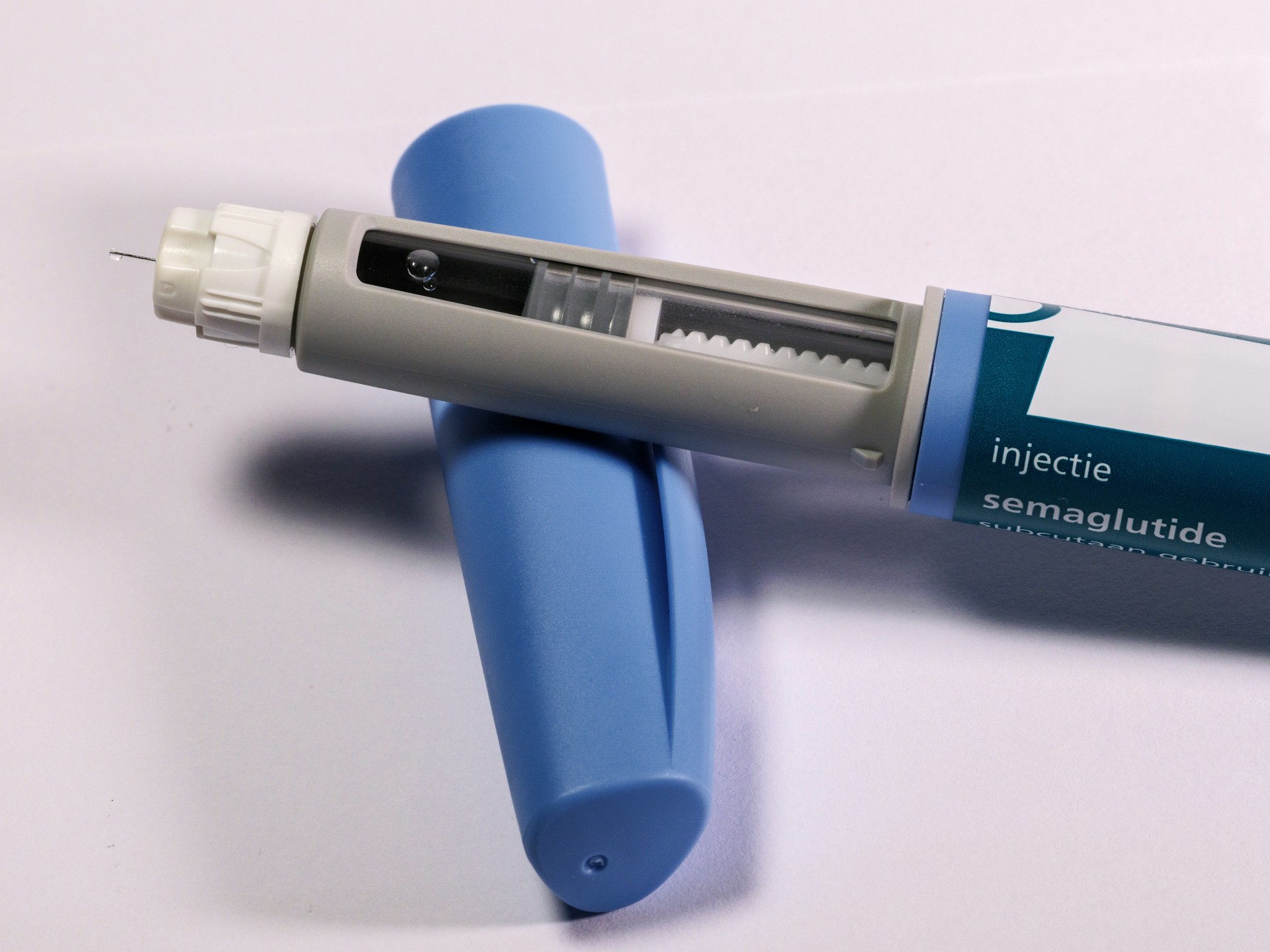Table of Contents
- 1
- 1.1 1. Risk of receiving unregulated doses from compounded semaglutide
- 1.2 2. Potential contamination due to non-standardized manufacturing
- 1.3 3. Lack of FDA oversight leading to unknown side effects
- 1.4 4. Increased chance of dosing errors without commercial auto-injector devices
- 1.5 5. Higher risk of allergic reactions from unverified ingredients
People interested in weight management or type 2 diabetes treatment often hear about semaglutide and its benefits. However, many may not realize that medically approved options come with important safeguards. Choosing only medically approved semaglutide helps avoid several risks that some alternatives may present.
Some products labeled as semaglutide lack the approval of trusted health authorities. This can lead to questions about their quality, safety, and effectiveness. By sticking with approved semaglutide, people protect their health and make decisions based on clear scientific guidance.
1. Risk of receiving unregulated doses from compounded semaglutide
Some compounded semaglutide products may contain different doses than what the label shows. This often leads to patients taking too much or too little of the medication. The risk of getting an incorrect dose grows higher if the pharmacy does not follow strict medical standards.
These dosing errors sometimes cause serious side effects, including hospital visits. Compounded versions may also have different ingredients or strengths than the original approved options. Therefore, patients could face unexpected reactions or poor results.
It is important to look for medically approved compounded semaglutide to reduce the chance of these risks. By choosing a prescription from a trusted source, patients can feel more confident in knowing exactly what they receive.
Most providers now warn patients about using compounded semaglutide from unofficial or internet-based sellers. Buying from board-certified providers helps protect people from unregulated doses that may harm their health.
2. Potential contamination due to non-standardized manufacturing
Semaglutide sold outside of approved sources may face serious quality problems. Unapproved products often lack strict controls in how they are made. This can introduce harmful bacteria, mold, or unwanted substances into the medication.
Each batch of an approved medication must pass careful testing for purity and safety. Non-standard sources, however, may not follow these steps. As a result, people could receive contaminated or ineffective medicine.
Poorly made medication can cause infections or allergic reactions in some individuals. Contamination sometimes goes unnoticed until health problems develop. Therefore, sticking with medically approved semaglutide greatly lowers these risks.
3. Lack of FDA oversight leading to unknown side effects
Medically approved semaglutide goes through a strict FDA process. This process tests for quality, safety, and any possible side effects. Without this oversight, products can reach the market without strong evidence about how they affect the body.
Products lacking FDA review may contain hidden risks. For example, users may not know if the medication interacts dangerously with other drugs or causes unexpected reactions. This leads to uncertainty about short-term and long-term health effects.
In addition, some unapproved versions might use unknown or untested ingredients. These ingredients can create new health problems or worsen existing ones. Clear FDA guidelines protect people by making companies show their product is both effective and safe.
Sticking with only medically approved semaglutide helps limit exposure to these unknown side effects. This careful choice gives people greater confidence in the treatment’s safety record.
4. Increased chance of dosing errors without commercial auto-injector devices
Without medically approved auto-injector devices, the chance of dosing errors becomes much higher. These devices measure and deliver the exact amount needed, helping people avoid accidental mistakes. Without them, people may accidentally use too much or too little medicine.
Simple errors can happen if someone guesses the dose or uses a nonstandard device. Healthcare providers have also reported mistakes with homemade or altered devices. These small errors may lead to less effective treatment or unwanted side effects.
Commercial devices contain built-in safety features that lower the risk of confusion or mix-ups. Trying to remember the correct amount or using an unmarked syringe can make it easy to forget or double a dose. In addition, people might miss doses or start to lose track.
Medically approved pen injectors help keep treatment safer and easier to manage. Using these products reduces the number of preventable mistakes and helps people follow their treatment plans with more confidence.
5. Higher risk of allergic reactions from unverified ingredients
Unapproved semaglutide products can contain unknown or unverified ingredients. These ingredients may trigger allergic reactions in some people, especially those with food or drug allergies. Products made outside medical oversight may introduce higher chances of hidden allergens.
Food allergens, even in small amounts, can cause mild to severe symptoms. These symptoms include skin rashes, stomach pain, breathing trouble, and in rare cases, life-threatening anaphylaxis. Adverse reactions can begin minutes or take a few hours after exposure.
Medically approved semaglutide must list all ingredients on labels and follow safety rules, giving patients more confidence about what they are taking. Unverified sources, on the other hand, may fail to provide accurate labels, so sensitive individuals have no way to protect themselves from hidden allergens.
Using products with unknown components raises the risk for unwanted immune responses. People with a history of allergic reactions must take extra care to avoid this danger by choosing approved options only.
Choosing only medically approved semaglutide limits major risks for patients. It helps people avoid contaminated products, allergic reactions to unknown ingredients, and incorrect doses.
Medical supervision also reduces the chances of serious side effects or harmful interactions. As a result, patients can trust that their care stays guided by science and proven methods.
For those considering semaglutide, a professional healthcare provider remains the safest source for advice and prescriptions.



